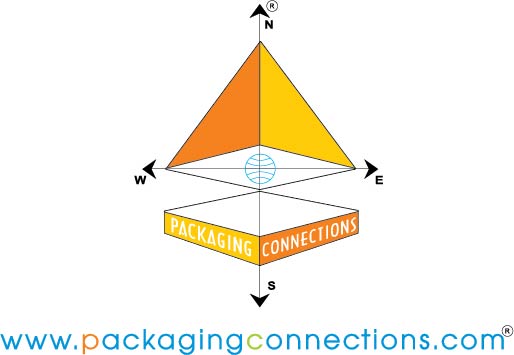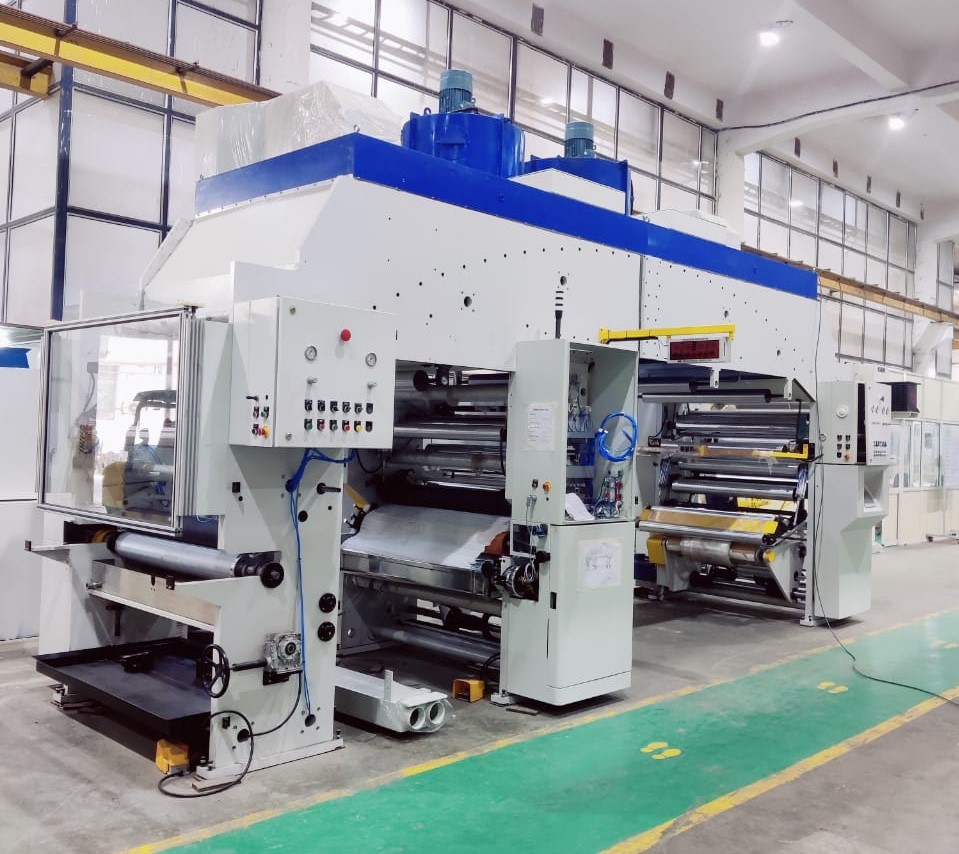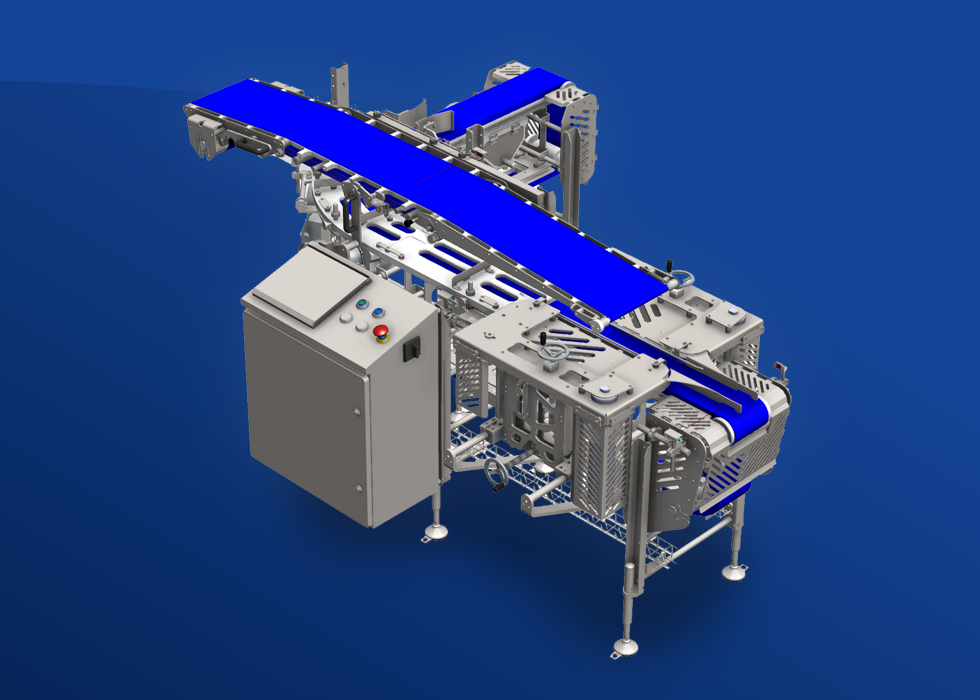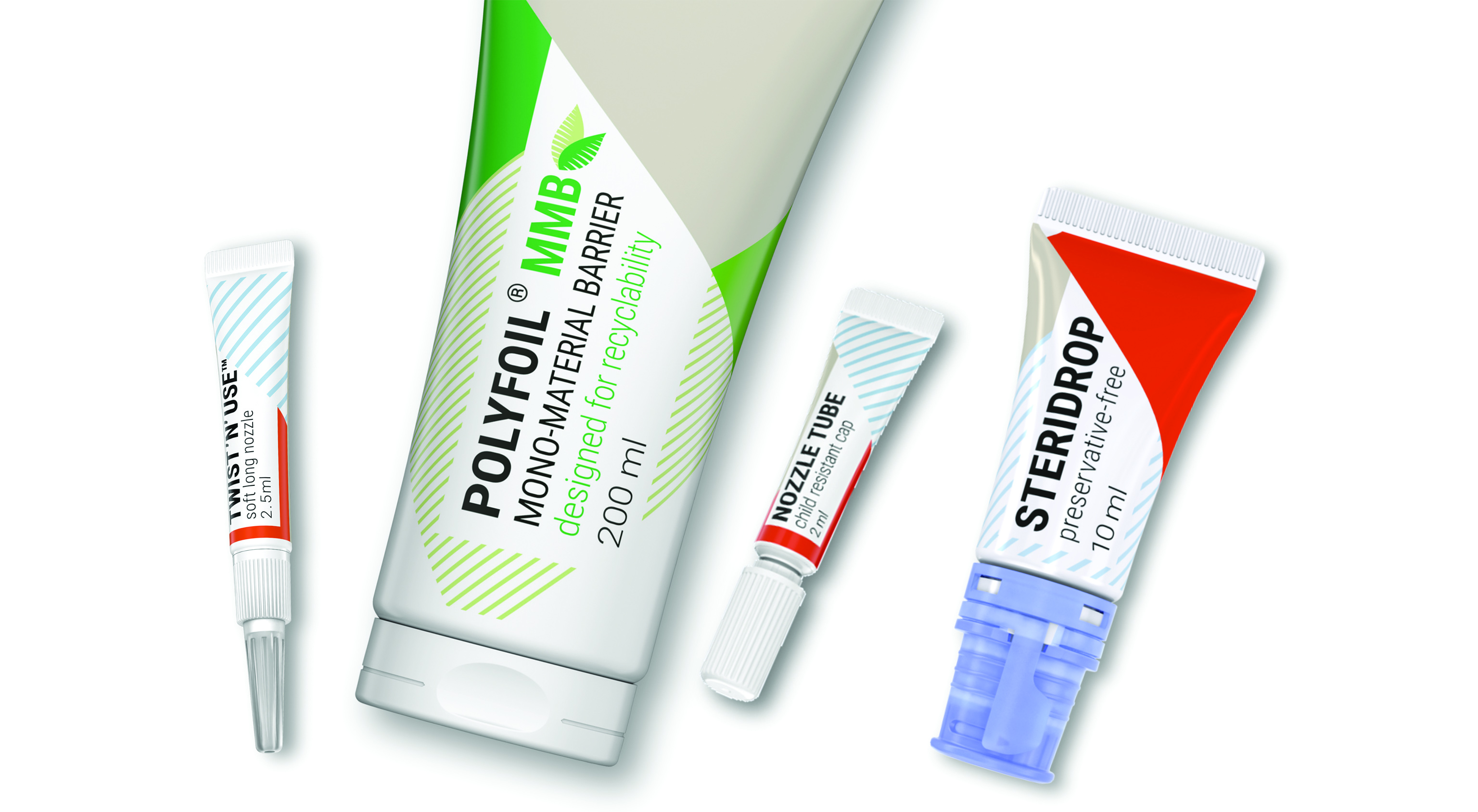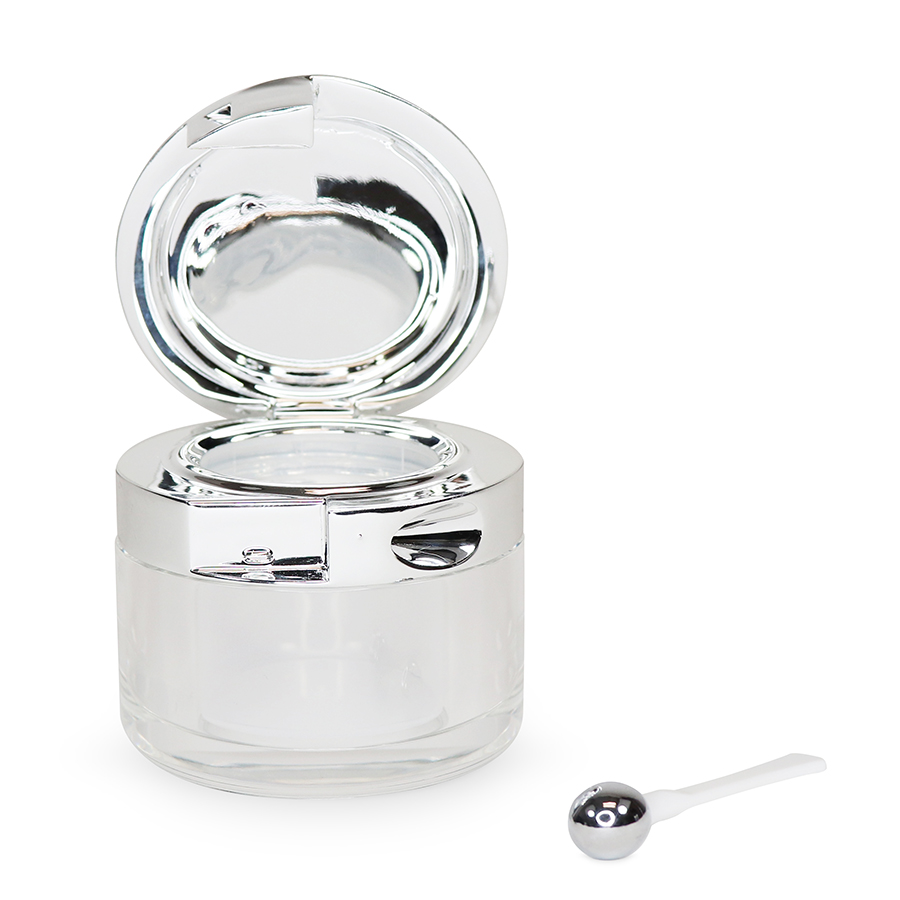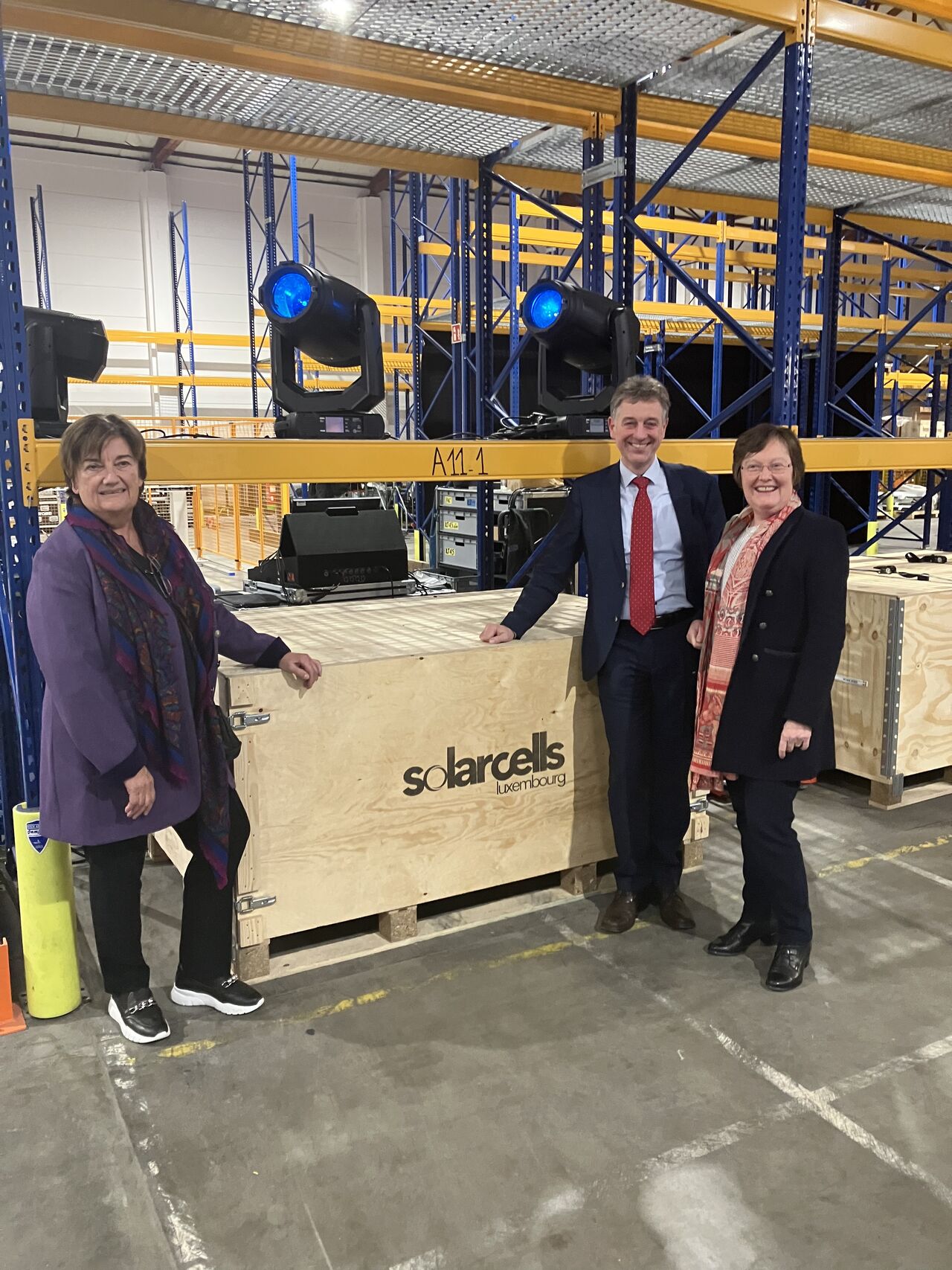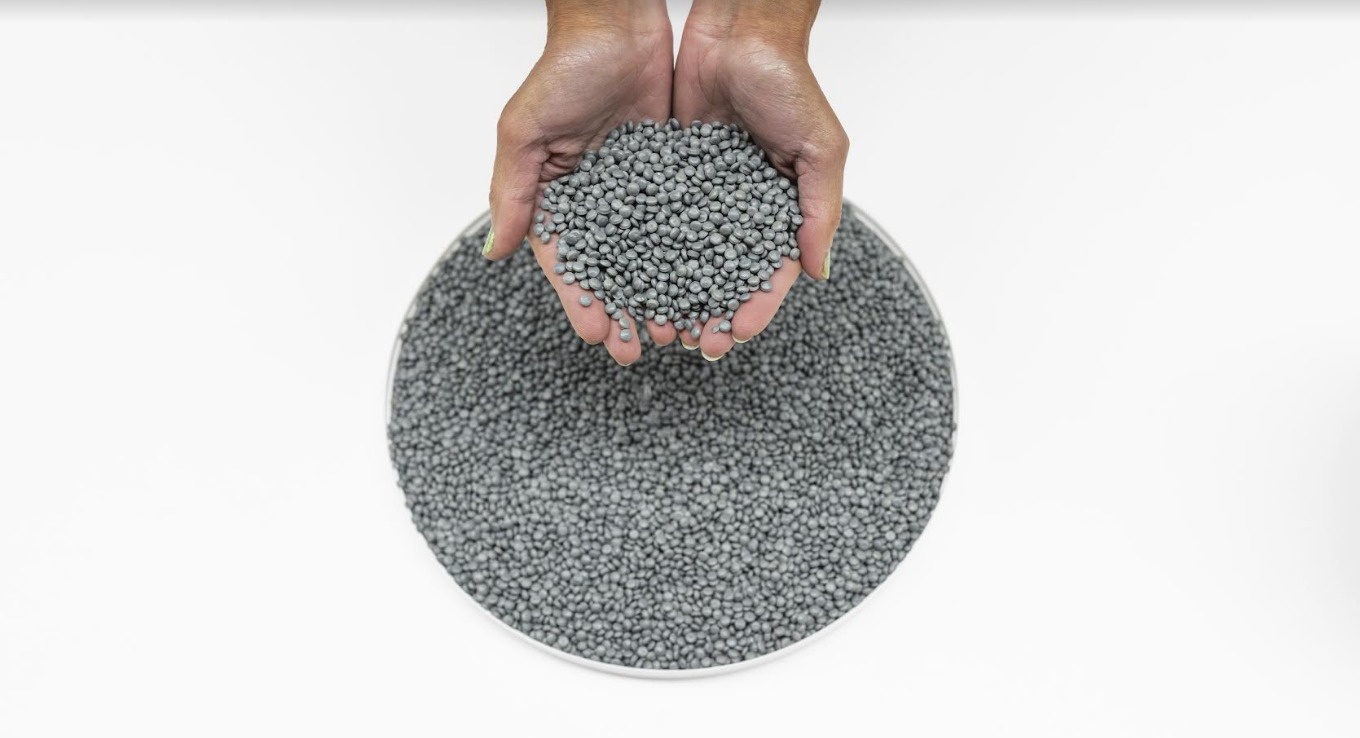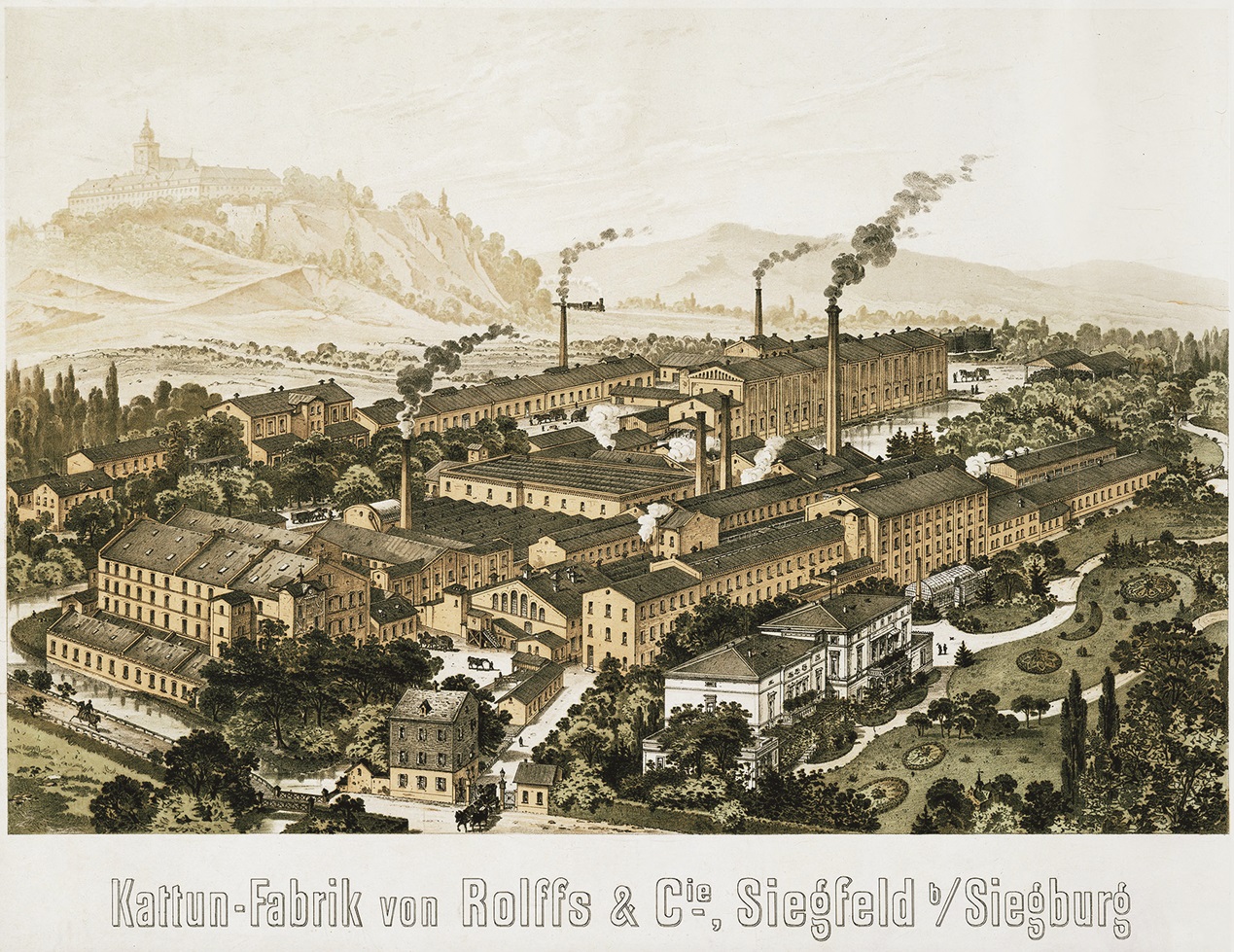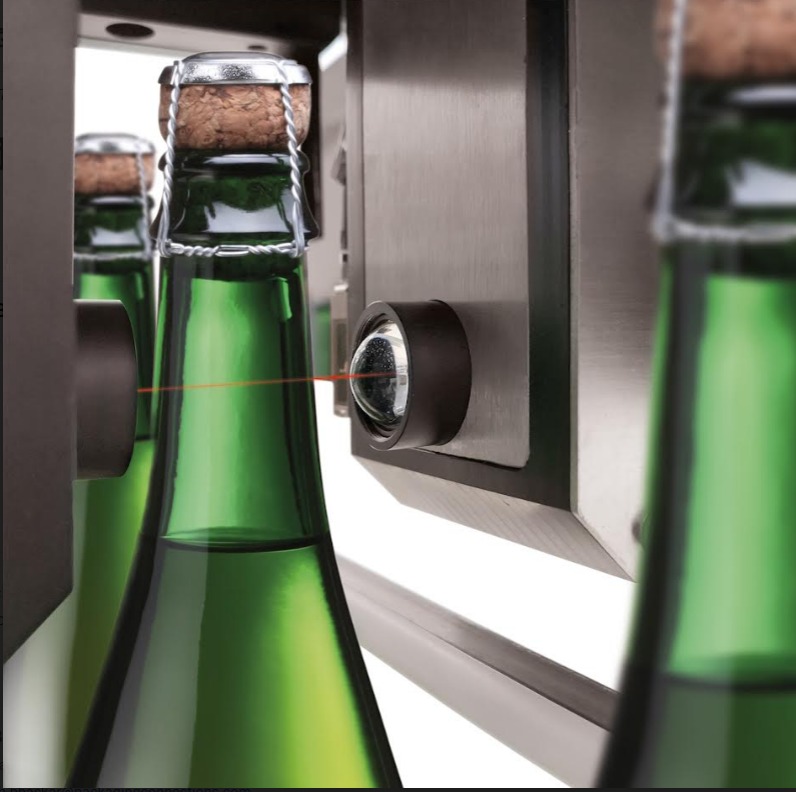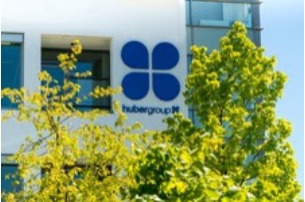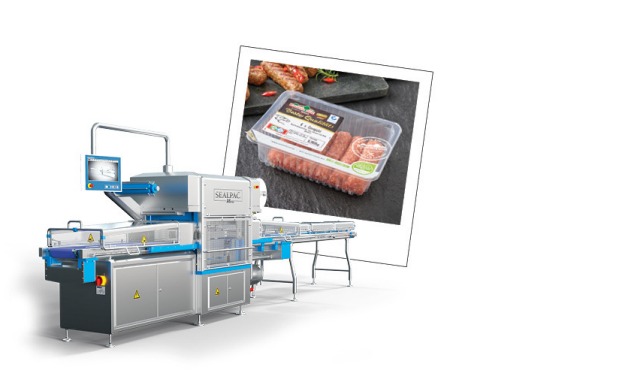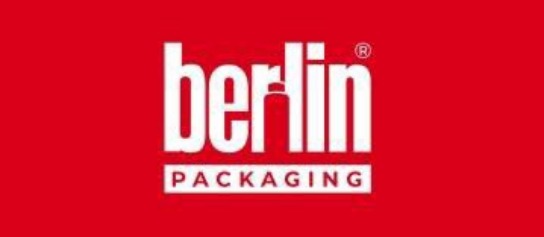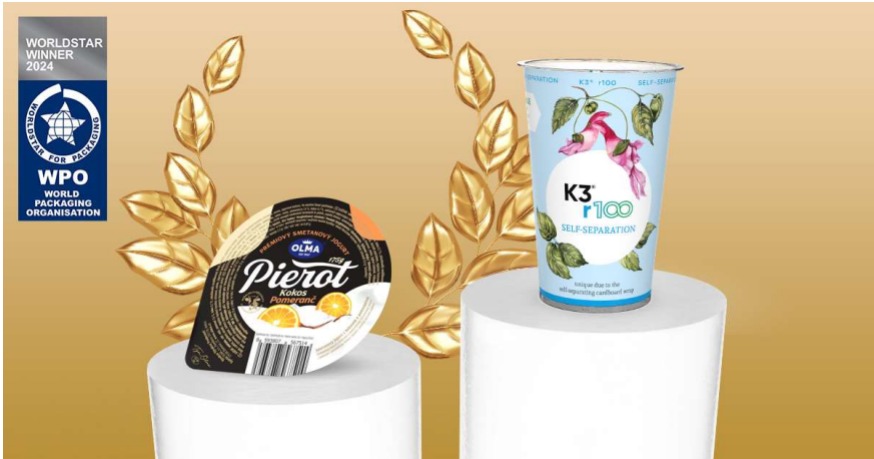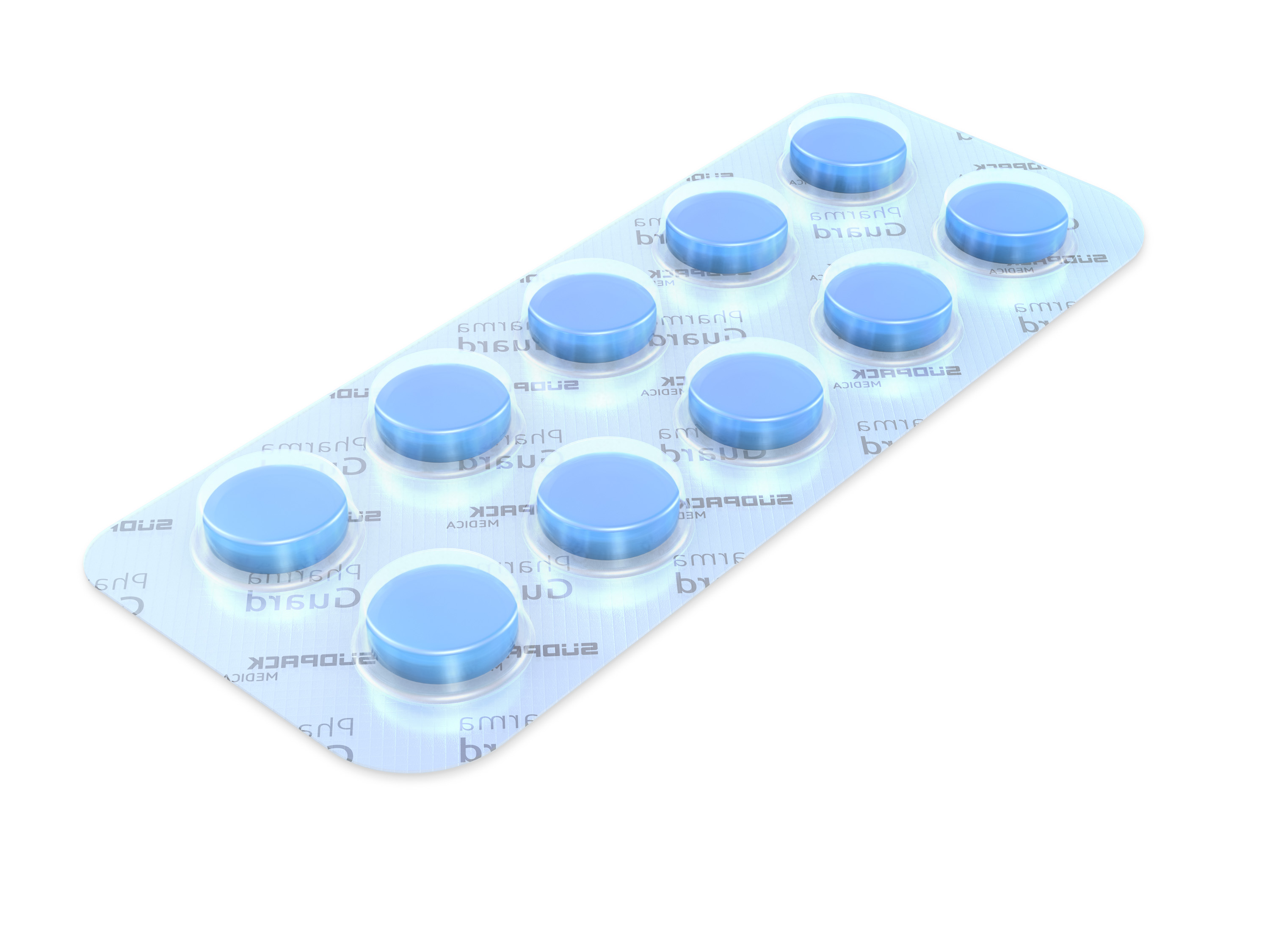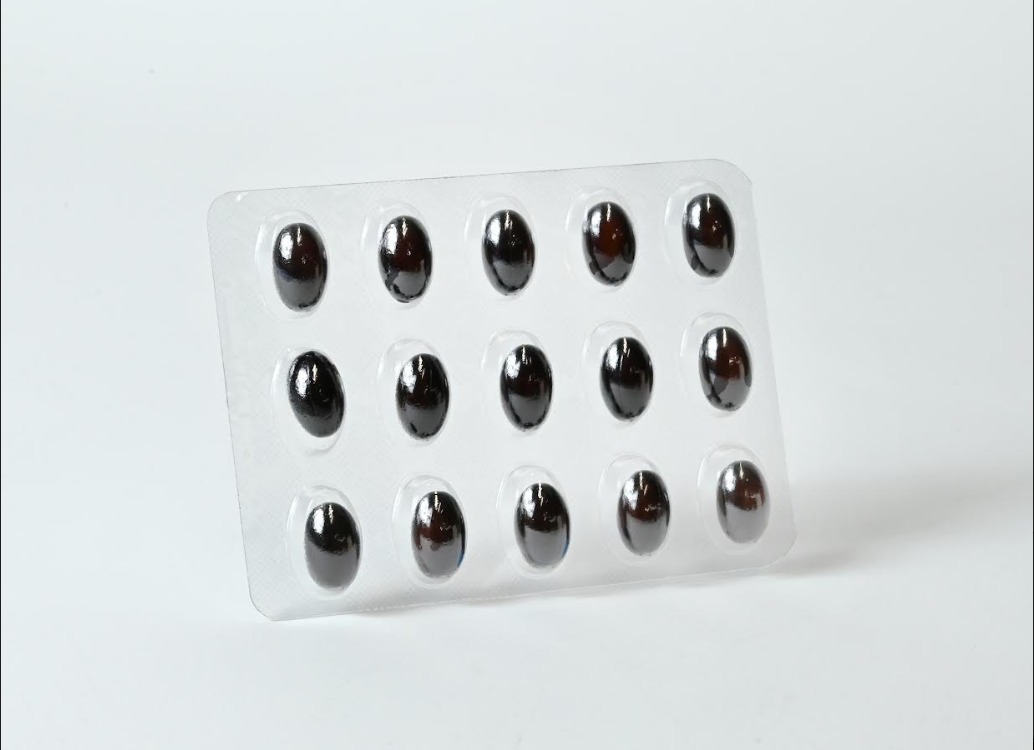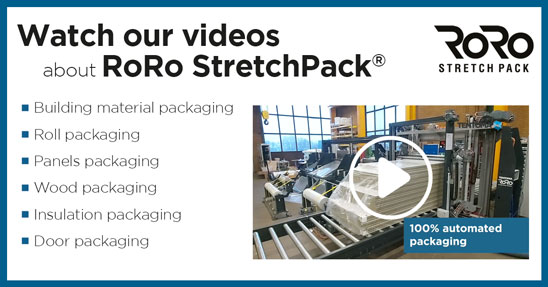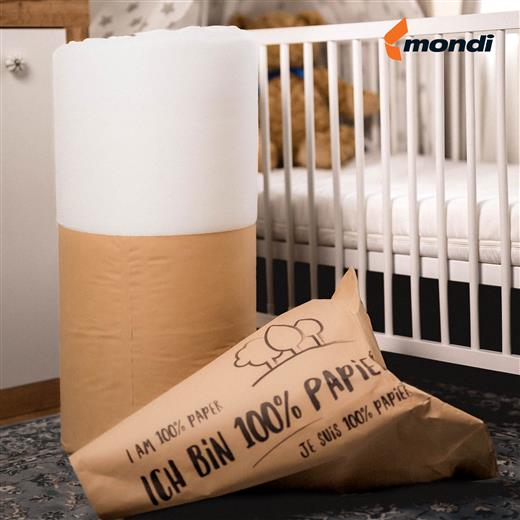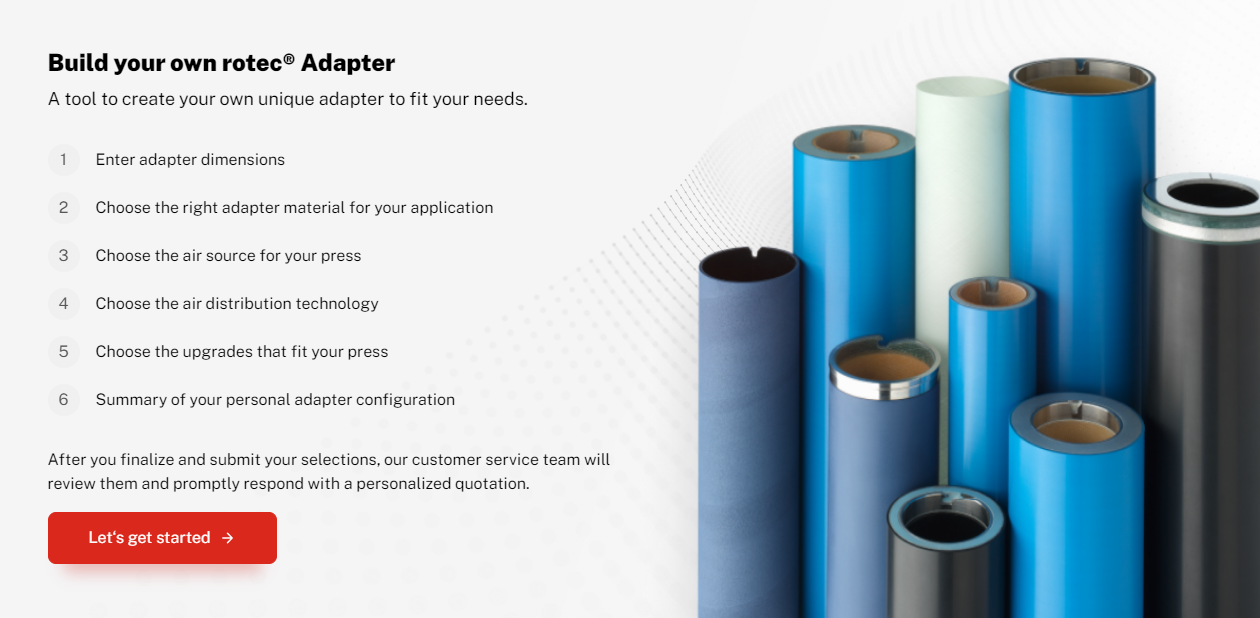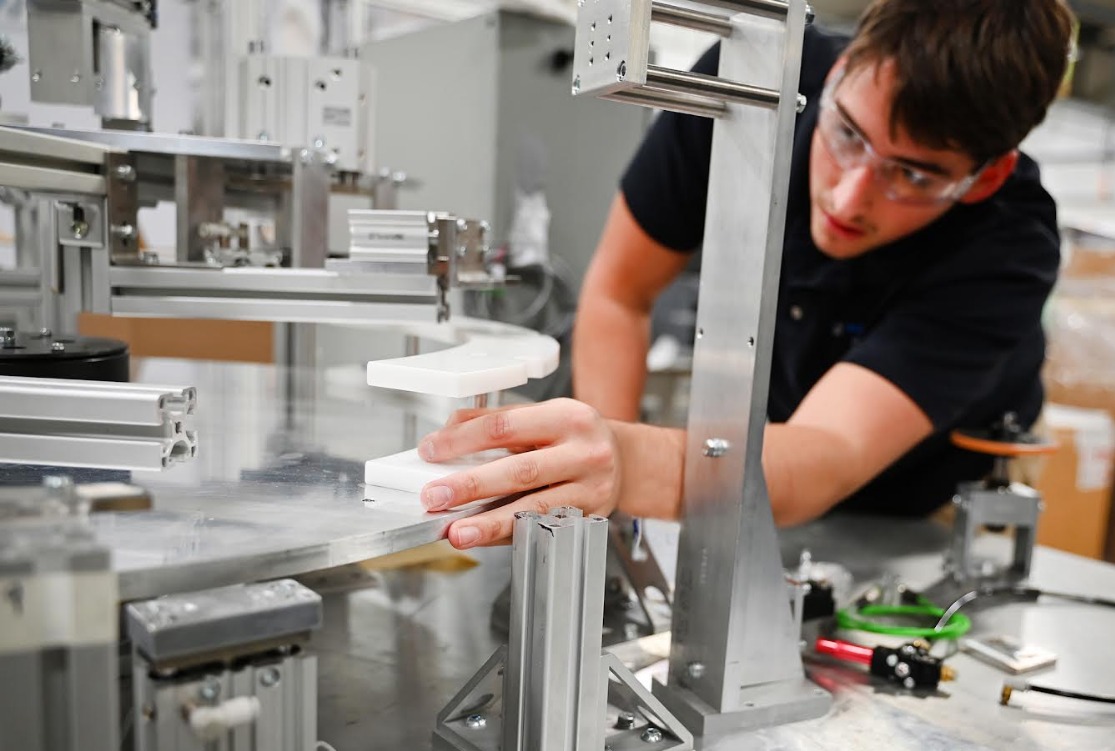Company’s PCS700-IOT performs high-speed pressure and gas measurement
for carbonated, nitrogen-dosed and hot-filled beverages to detect leaks and optimize the process
Travagliato (Brescia), January 23, 2024 – Antares Vision Group, a technological partner in digitalisation of products and supply chains for companies and institutions, and leader in traceability and inspection for quality control, has introduced a noninvasive, inline pressure measurement system providing reliable, high-speed inspection for beverages in glass and plastic bottles. Applicable for all transparent and semi-transparent bottles, the company’s PCS700-IOT utilizes advanced laser spectroscopy technology to precisely determine whether a container headspace has appropriate pressure levels. Among other benefits, the result is accurate, non-destructive leak detection and process optimization.
Through a technique called Tunable Diode Laser Absorption Spectroscopy (TDLAS), the PCS700-IOT analyzes specific molecules in their gaseous state – in particular, their ability to absorb light at certain telltale wavelengths. The laser beam passes through the bottles in the product-free headspace. For carbonated beverages like seltzer, soda and beer, this enables CO2 levels and pressure concentration to be measured quickly and accurately, revealing whether a leak or micro-leak is occurring. Leak-determining pressure inspection also can be performed on nitrogen-dosed products such as water and teas, as well as hot-filled beverages including various juices. For the wine sector, PCS 700-IoT enables the in-line oxygen measurement to evaluate the efficiency of inertization process after bottle closing.
Crucially, the PCS700-IOT is a smart system: the unit can monitor not only total pressure, but an average across complete or partial product runs. These metrics are presented in real-time on a user-friendly dashboard, making for expedient and exacting assessment of products deviating from the norm. Critically, the system performs these tasks without necessitating changes to existing production line setups.
Antares Vision Group’s PCS700-IOT offers several advantages over the acoustic technologies widely used in the beverage market. For starters, detection via laser spectroscopy is significantly more precise, meaning false rejects are substantially diminished. Perhaps even more importantly, though, is the system’s ability to inspect containers inline without production slowdown, as well as its consistency regardless the type of cap used.
This materials agnosticism is key to the system’s versatility: the PCS700-IOT works with any glass or plastic containers, so long as they exhibit adequate transparency. Cap and closure agnosticism is inherent, since the system is only inspecting the container’s headspace. In addition, the unit’s noninvasive nature promotes increased hygiene, and the module’s minimalist construction is free of wear-down parts, leading to exceedingly low maintenance requirements.
A strong example of the PCS700-IOT’s value is its inline utilization in beer bottling operations. In this scenario, laser spectroscopy Inspection can be conducted immediately following pasteurization; this strategic positioning reliably intercepts any leaks or micro-leaks due to the heating and subsequent cooling of the container during pasteurization, as well as any micro-cracks in the bottle mouth. Bottles with pressure below a certain level are automatically rejected, with persistent pressure level monitoring allowing operators to adjust for minor deviations before they become major, line-stopping issues.
The PCS 700 IoT, like all Antares Vision Group inspection machines, is part of our DIAMIND Line suite. DIAMIND is the most intelligent and integrated ecosystem of solutions that runs at the line, plant, warehouse, company, and supply chain levels, enabling a data-driven, tailored journey to digital innovation.
Antares Vision Group
Antares Vision Group is driving digitalization of products and supply chains by leading traceability, inspection, and integrated data management. AV Group helps companies and institutions to achieve safety, quality, efficiency, and sustainability, enabling Trustparency®.
DIAMIND, AV Group’s integrated ecosystem of solutions, simplifies the technology environment and supports businesses growth by enabling a data-driven and tailored journey to digital innovation. Connecting physical products with digital identities, DIAMIND runs at the line, factory, warehouse, enterprise, and supply chain levels, and guarantees product quality (inspection systems and equipment) and end-to-end traceability (from raw materials to production, from distribution to the consumer and back) through integrated data management, applying artificial intelligence and potentially blockchain.
AV Group operates in the Life Science (pharmaceuticals, medical devices, and hospitals), Beverage, Food, Cosmetics, Chemicals, and Packaging industries and potentially many others.
AV Group has been listed in STAR segment of Euronext since 14 May 2021 and has been included in the Euronext Tech Leaders index, dedicated to leading tech companies with high growth potential, since July 2022.
In 2022, Antares Vision Group recorded a turnover of €223 million. The Group operates in 60 countries, employs more than 1,300 people, and has a consolidated network of over 40 international partners.
